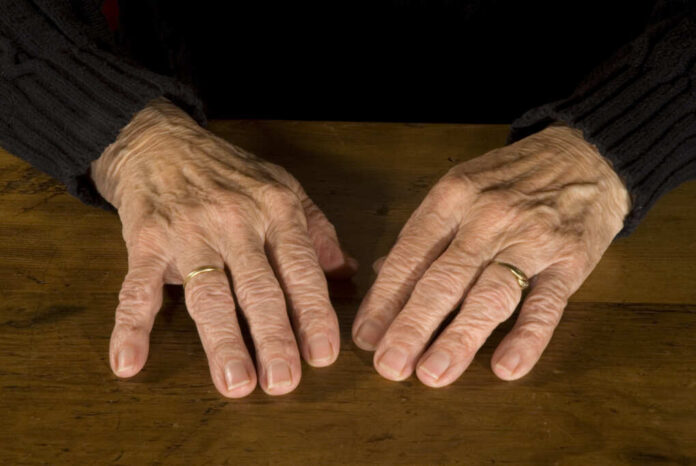
Rebecca Lavrenz, known online as the “praying grandma,” has been convicted of four misdemeanors for her presence at the Jan. 6 protest at the capitol. The controversial decision has been criticized by prominent figures such as Elon Musk.
Lavrenz, 71, runs a bed and breakfast, where she lives, about 14 miles from Colorado Springs. She has four children, seven grandchildren and one great-grandchild.
Lavrenz testified for five hours on Monday, April 1. She posted a hope-filled video in advance of the hearing.
The DC jury deliberated for nearly 26 hours over the course of three days, unusual for a Jan. 6 case. Every defendant tried by a jury in relation to the protest has been found guilty, many within an hour of their case being made.
They found Lavrenz guilty on all four charges: entering and remaining in a restricted building or grounds, disorderly and disruptive conduct in a restricted building or grounds, disorderly conduct in a Capitol Building and parading, demonstrating or picketing in a Capitol Building.
Lavrenz could face up to a year in prison and fines over $200,000.
Many have spoken up in defense of the woman, who has no criminal record, was nonviolent, and did not damage any property. Officials confirmed that she was in the building for around ten minutes after being let in with a crowd, and left of her own accord.
Not right
— Elon Musk (@elonmusk) April 4, 2024
“The praying grandma needs prayers … and a presidential pardon.” Sen. Mike Lee (R-UT) said on X.
Many are hoping that Jan. 6 protestors, including Lavrenz, will receive pardons if former President Donald Trump wins in this year’s election. Hopefully, all who were protesting peacefully are allowed to go free, and those who were violent or destructive serve the appropriate sentences.
Lavrenz has faced an outpouring of both support and criticism on social media for her presence at the protest.
“I basically laugh about it because I realized if you’re right where God wants you, people are either going to love you or hate you,” she told The Gazette, her local Colorado newspaper, Thursday after the verdict. “These things can get on your heart if you don’t watch it, the stuff on social media is so bad and people talk so trashy. I think it’s just how they are.”
Thanks to the first amendment, critics can say anything they want about the woman, and she can speak freely as well. “I’m going to make my voice so loud that if they try to put me in prison to shut it up, it won’t work,” she said.
“The average person doesn’t realize they can make a difference. “We’re never going to change our country until we change the average person.”














